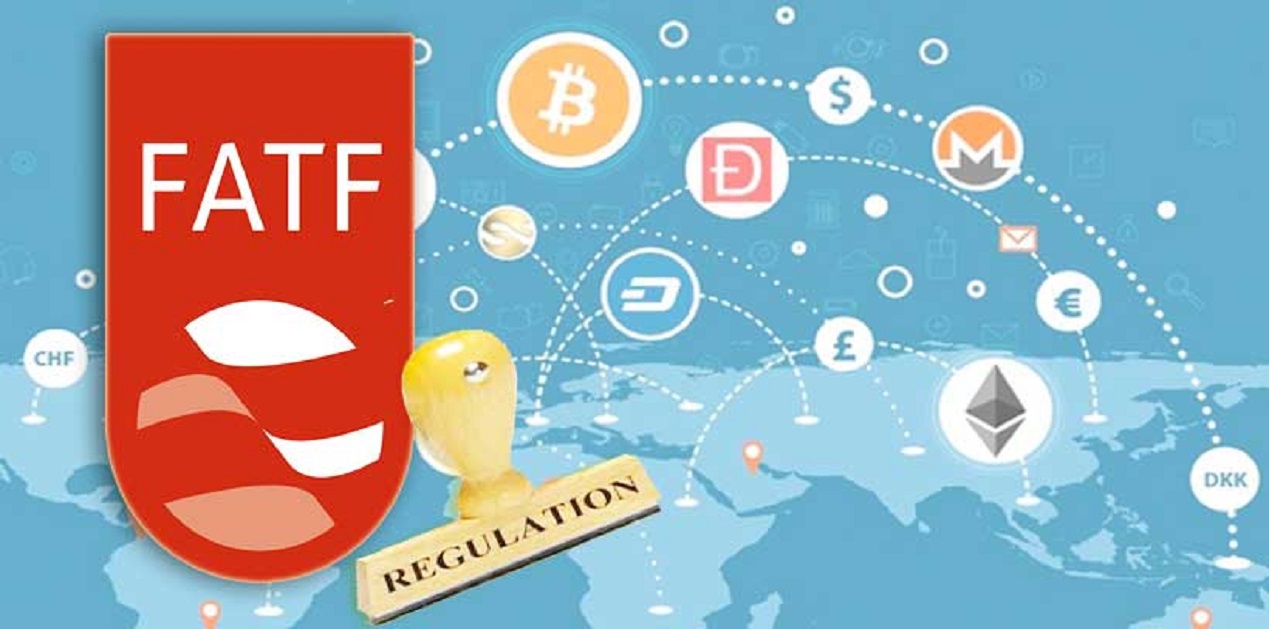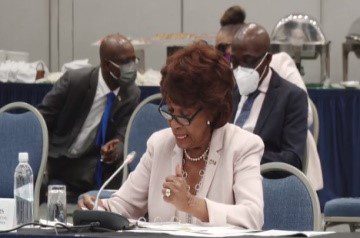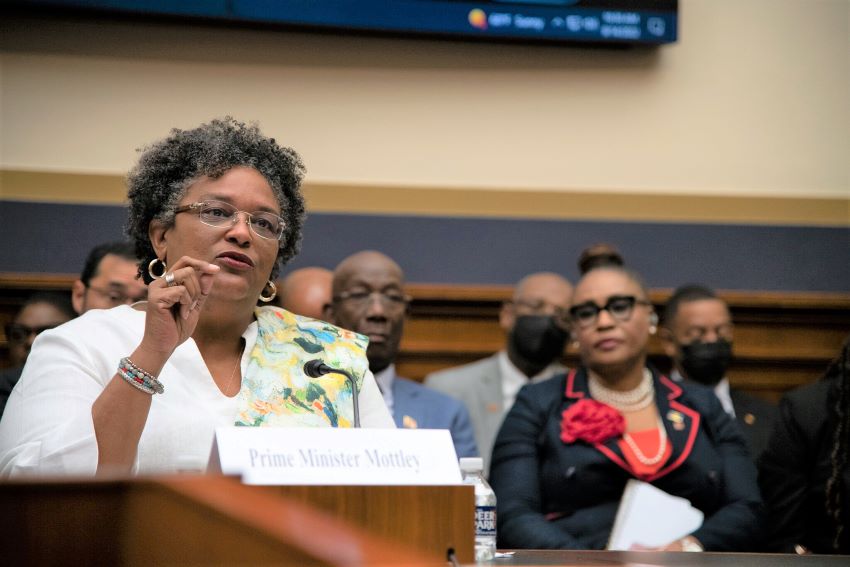If there was a rating agency at the Congressional session late last week, Caribbean governments would have received top marks for the strident, clear and concise presentation they made against the big commercial banks in the U.S. either cutting off financial services relations with the region or severely cutting back on daily interaction with counterpart institutions in the Caribbean.
At the center of the issue is a system implemented in the last decade or so by the big players like the Bank of America called de-risking. Through this system, the banks have stopped processing financial transactions from the Caribbean including checks and wire transfers, even for infinitesimal amounts. The banks say they fear incurring the wrath of American and western regulators because of the region’s alleged poor ability to properly monitor and detect money laundering and terrorism financing activities. They also say it will cost them more to conduct enhanced due diligence to determine the credibility of transactions so some of them simply quit acting as foreign correspondent banks to those in the Caribbean. The Caribbean counters by saying that there is little or no evidence of organized money laundering on a big scale that they know of.
The result is that regional leaders like Keith Rowley of Trinidad and Mia Mottley of Barbados have held several rounds of meetings with U.S. officials in recent years to complain about what Mottley described at a Congressional Financial Service Committee hearing last week as a “nonsensical” policy to cut off Caribbean banks from the world of international finance, saying this is driving even governments to find alternative and underground methods to complete basic transactions.
The hearing was chaired by veteran but respected California Rep. Maxine Waters. Waters and Rep. Patrick McHenry of North Carolina both made it clear that they were sympathetic to the plight of regional banks and governments, signaling that the hearing provided them with an insight they had not been exposed to before. Action to correct this anomaly is imminent Waters says. “Without action on this issue, we risk ceding our leadership in this region to countries like China and Russia which have been working hard in recent years to become more active in the Caribbean. It is clear that combatting the loss of U.S. correspondent banking relationships in the Caribbean should be a mutual priority for both the Carib and the U.S.,” Waters argued.
Taking to the floor, Mottley appeared to hit a proverbial home run when she linked racism, unconscious bias and sheer stupidity to the de-risking system pointing out that lily white countries with suspect banking system like the U.S., Luxemburg, Switzerland and others are the places where Russian oligarchs and others hide money in plain sight, not the Caribbean.
“When you wanted to find where the launderers are, you did not come to the Caribbean. You went to London, you went to New York, you went to Zurich, Luxemburg. And I say this because there has to be a fundamental injustice in a system that puts on a list not Luxemburg, not the U.S., not the U.K., but puts Jamaica, Trinidad and Tobago, Ghana, Barbados, all of which are put on a list not even because we were having substantive money laundering there but because in 2020, there was a determination to change the criteria,” she said. “This is the most nonsensical thing we have seen in public policy. Unless we are able to trade with the rest of the world we are at risk of becoming financial pariahs,” Mottley told the committee as all in the meeting room listened attentively.
The tough rules and blacklisting, she said, have driven away investors who are frustrated by the length of time it takes to open an account, transfer monies to establish a business, while the American and other banks complain that it would be too expensive to undertake an enhanced due diligence exercise to determine whether the sender is operating legitimately.
Hammering home her point that lawmakers need to quickly look at the stupidity and hypocrisy of financial regulations in place, Mottley pointed out that “Russia and others have found other ways to deal with the swift system. Where has the money gone? It has not come to the Caribbean. And what we have is listings from the Financial Action Task Force that are perhaps well intentioned, but are focused on process and form and are not focused on substantive prosecution of money launderers. That is the equivalent of saying that I am more interested in whether you adhere to rules than finding where the launderers are. We are here because we are fighting for a public human good and the human rights of our citizens. When we were growing up, opening up a bank account was part of our rites of passage. Today, it is now a gargantuan obstacle for us to have our people do so given that we spend weeks,” she said.
Story by: amsterdamnews.com





